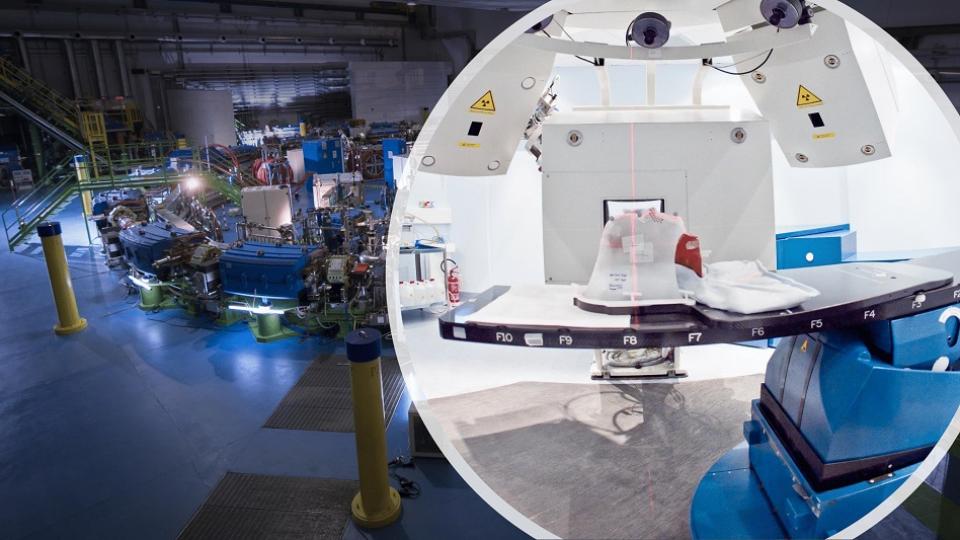
The extraordinary diffusion of technology in medicine and the resulting increase of costs, that are now a substantial item in the financial statements of public and private healthcare systems, brings along the need of redesigning medical procedures and prescriptions and, at the same time, the need of preparing healthcare staff to the informed use of technologies and to the management of risks associated to their employment with patients.
The increasing complexity of this topic requires the harmonization of different skills and competences with the aim of contributing to the optimization of all phases, from the design of technological systems to their application to the patient’s therapy. In addition, to make possible their effective application in healthcare, the development of innovative technological solutions requires complex experimentation paths, in order to meet all legal and ethical aspects. In this scenario, it is necessary to complete the education of physicians, medical physicists, biologists, engineers, physicists with a multidisciplinary and transdisciplinary program able to promote the development of a common language through the integration of different competences.
The agreement between Scuola Universitaria Superiore IUSS (IUSS), the University of Cagliari and Fondazione CNAO (CNAO) represents the right synergy of scientific, methodological, technological and legal expertises needed for addressing these topics in the specific field of hadrontherapy. This PhD course, characterized by a strong interdisciplinarity, provides for thesis proposals, on topics that are intrinsically characterized by complexity and interdisciplinarity, potentially involving candidates with different backgrounds, namely: from the biomedical field (medical doctors, radiotherapists, health physicists, biologists, biotechnologists), from the technological field (physicists, engineers, data scientists), from humanities and social areas (law, economy, philosophy, etc).
The courses will deal with transversal contents, considered as essential for the applicative field of research, i.e. topics related to risks associated to the technological innovations in the medical field, including their legal and ethical implications in addition to more vertical courses addressing specialistic scientific and technological aspects typical of hadrontherapy.